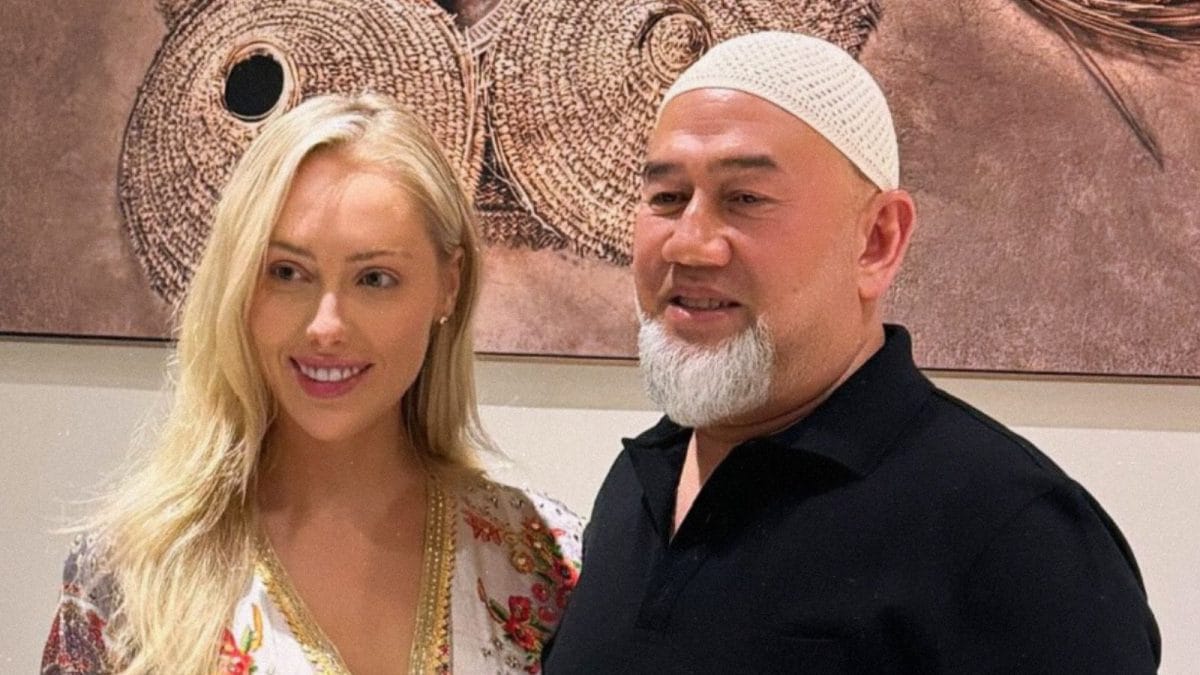Foreign nationals seeking to stay in the US could be denied visas if they have diabetes, heart disease and obesity, among other medical conditions. The US State Department sent the new guidelines to American embassies worldwide. The norms are especially aimed at those seeking permanent residency. Officers have been asked to consider future medical costs that applicants and their dependents are likely to add.

US visa officers have also been instructed to assess whether applicants can cover medical expenses without relying on government support. (Image for representation/File)
Under a new directive from the Trump administration, foreign nationals with health conditions like diabetes or obesity could be denied US visas and permanent residency, according to a government directive. The guidelines were sent by the State Department to American embassies worldwide, reported the Washington-based KFF Health News. The guidance applies to all visa applicants but is primarily aimed at those seeking permanent US residency, a senior attorney said.
The State Department cable, sent to US embassies and consulates, instructs visa officers to flag applicants whose medical conditions, including, but not limited to, cardiovascular diseases, cancers, diabetes, metabolic disorders, neurological conditions, mental health issues, and obesity, may require "hundreds of thousands of dollars' worth of care", according to the report.
The guidance said that such people could become a "public charge" — potential drain on US resources — because of their health issues or age.
The guidance applies to nearly all visa applicants but is likely to be used only in cases in which people seek to permanently reside in the US, senior attorney Charles Wheeler told KFF Health News. Wheeler is associated with the Catholic Legal Immigration Network, a nonprofit legal aid group.
The State Department cable also advises visa officers to take additional health conditions, such as obesity, which can lead to asthma, sleep apnoea, and high blood pressure, into account when determining whether an immigrant might become a public charge and thus be denied entry into the US.
"All of these can require expensive, long-term care," the cable reads.
CAN US OFFICERS REJECT VISA OVER HEALTH, ABILITY TO PAY?
Visa officers were also instructed to assess whether applicants can cover medical expenses independently, without relying on assistance from the US government.
"Does the applicant have adequate financial resources to cover the costs of such care over his entire expected lifespan without seeking public cash assistance or long-term institutionalisation at government expense?" the cable reads, according to KFF Health News.
"The guidance directs visa officers to develop "their own thoughts about what could lead to some sort of medical emergency or sort of medical costs in the future," Wheeler was quoted as saying by the KFF.
"That's troubling because they're not medically trained, they have no experience in this area, and they shouldn't be making projections based on their own personal knowledge or bias," he added.
US VISA OFFICERS TO CONSIDER HAELTH OF APPLICANTS' FAMILY MEMBERS
Visa officers at US embassies and consulates have also been instructed to take into account the health conditions of an applicant's family members, such as children or elderly parents.
"Do any of the dependents have disabilities, chronic medical conditions, or other special needs and require care such that the applicant cannot maintain employment?" the State Department cable read.
Immigrants must undergo a medical exam by a US embassy-approved physician, including screening for communicable diseases, mental health history, substance use, and required vaccinations.
Currently, medical examinations for immigrants are carried out by doctors approved by US embassies.
Immigrants are screened for communicable diseases, disclose any history of substance use, mental health issues, or violence, and must receive vaccinations for illnesses such as measles, polio, and hepatitis B.
However, the new guidance goes further by highlighting that chronic illnesses must also be taken into account, according to Sophia Genovese, an immigration lawyer at Georgetown University.
She also noted that the language of the directive encourages visa officers and the doctors who examine people seeking to immigrate to speculate on the cost of applicants' medical care and their ability to get employment in the US, considering their medical history, KFF reported.
- Ends
Published By:
Gaurav Kumar
Published On:
Nov 7, 2025

 4 hours ago
4 hours ago


















